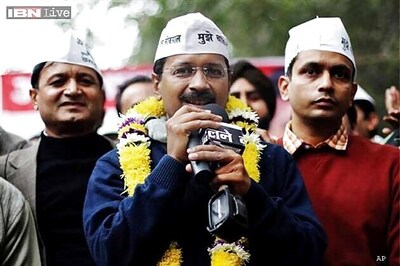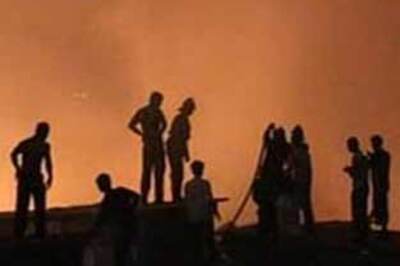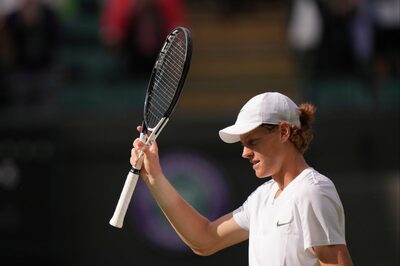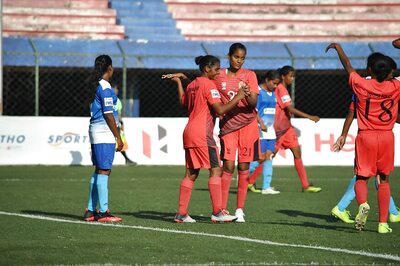
views
Today's Brazil is a completely different country from the one that last hosted the World Cup in 1950, but some things have hardly changed even after 64 years. Now, as then, the fans' desperation to see games is matched only by the authorities' inability to build stadiums on time and under budget.
Three of the 12 stadiums - in Brasilia, Sao Paulo and the Maracana in Rio de Janeiro - will cost about 1 billion reais each, and yet only two of 12 were finished on time. The 1950 matches were played at just six grounds, including the Maracana, which was built in less than two years at a cost of 430 million reais in today's money - almost 90 per cent of the total budget. It was delayed for years before starting construction and then went over budget.
The Maracana was finished so late that English referee Arthur Ellis reported plaster falling from the walls when a 21-gun salute went off and a Yugoslav player cut his head on an exposed steel beam.
This time, as then, Brazil's politicians vowed it would be a golden opportunity for the developing nation to add infrastructure, but with days to go until the opening match, much of the promises have not materialised.
While Brazil's chaotic planning has embarrassed even Cup backers like Ronaldo, it has not affected demand. Around 3 million tickets have been sold for this year's tournament and close to 8 lakh people are expected to come from abroad to watch matches.
They will see a spectacle that is unrecognisable to the one held here more than half a century ago. Back then only two of the grounds were built for the tournament. And although only 13 teams took part, compared with 32 today, interest was just as high.
Football was already a religion in Brazil and the average attendance for the 22 games was 47,511- only seven cups have beaten that average. Today the tournament is massive. There were more than 800 qualifying matches for 2014, compared with just 27 for the 1950 Cup.
FIFA has budgeted for $3.8 billion in revenues during the period 2011-14, with about 85-90 per cent of that coming from just the World Cup, according to official figures. Perhaps the biggest similarity between the two tournaments is the home nation's desire to win.
In 1950, Brazil fell to Uruguay at the final hurdle and the defeat was so catastrophic that people are still talking about it. They are hoping for a different ending this time.




















Comments
0 comment